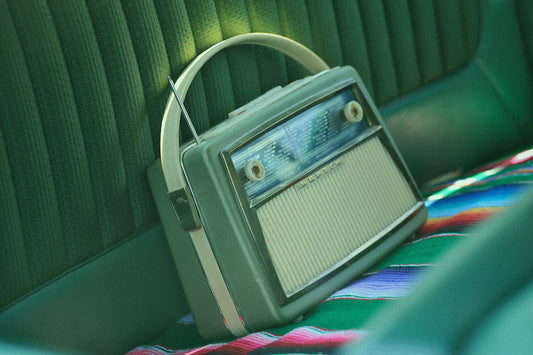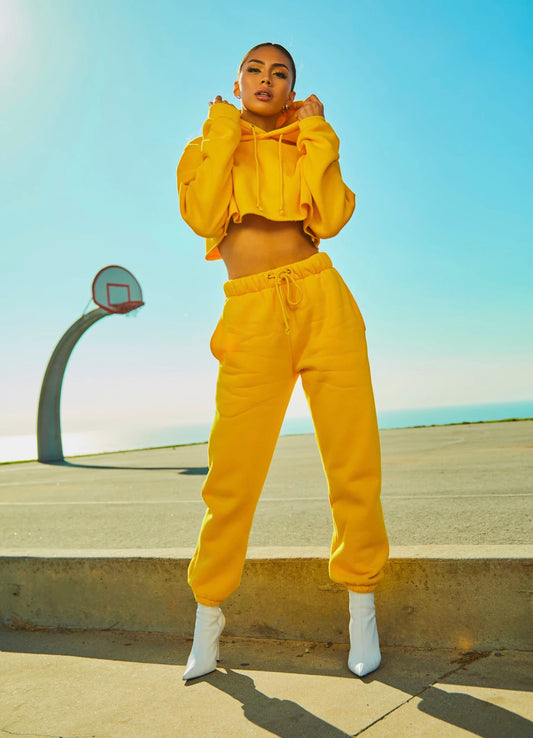Frequently Asked Questions
1. What is the role of nostalgia in fashion?
2. How does nostalgia affect consumer behaviour?
3. Why is sustainability important in nostalgic fashion?
4. What are some examples of modern nostalgic fashion trends?
5. How can brands effectively utilise nostalgia in their marketing strategies?
Nostalgia is a potent force in our lives, often influencing our decisions and preferences in unexpected ways. In the realm of fashion, nostalgia plays a significant role in shaping our choices, driving trends and influencing brand loyalty. As consumers increasingly seek meaningful connections with the products they purchase, the concept of nostalgia becomes intertwined with the rise of sustainable fashion. This article explores how nostalgia influences our fashion choices and why it matters in today’s eco-conscious landscape.
Understanding Nostalgia in Fashion
Nostalgia in fashion can be defined as a longing for styles, trends, or memories from the past. It can manifest in various forms, from a revival of vintage clothing to the resurgence of cultural references within contemporary designs. Fashion brands harness this powerful sentiment to create deeper connections with their audience.
The Psychology Behind Nostalgia
Psychologically, nostalgia has a unique ability to evoke positive feelings and memories. It helps individuals cope with change and uncertainty by recalling happier times. This emotional response is particularly significant in the fashion industry, where consumers often gravitate towards familiar styles that remind them of cherished moments or icons from their past. The comfort of nostalgia can prompt consumers to make purchases, as they feel a connection to the items that evoke those memories.
Nostalgia Meets Sustainability
As we navigate the complexities of modern consumerism, the call for sustainable fashion has become louder. The fashion industry is one of the biggest polluters in the world, and many people are now looking to make more responsible choices. Herein lies a fascinating intersection: nostalgia and sustainability. Many brands are turning to sustainable materials and practices while reviving nostalgic styles, creating a unique blend that resonates with today’s eco-conscious consumers.
Why Nostalgic Fashion Resonates with Consumers
There are several reasons why nostalgia plays a crucial role in fashion choices:
- Emotional Connection: Nostalgia evokes feelings of comfort, warmth, and security. When consumers see a style reminiscent of their youth or a particular era, it creates an emotional bond that enhances purchasing motivation.
- Identity and Belonging: Fashion is a medium for self-expression. Wearing nostalgic pieces allows individuals to express their identity while connecting with a community that shares similar memories.
- Timeless Appeal: Certain styles are timeless, and their re-emergence can signal trustworthiness and longevity in fashion. Consumers are often more inclined to invest in pieces that they perceive as classic and enduring.
The Impact of Nostalgia on Consumer Behaviour
Understanding how nostalgia affects consumer behaviour can help brands craft effective marketing strategies. Here are a few insights into how nostalgia influences fashion purchases:
Brand Loyalty
Nostalgia can cultivate brand loyalty. Consumers who feel a strong connection to a brand's history or values are more likely to return for future purchases. This is particularly true for brands that successfully evoke a sense of nostalgia while incorporating sustainable practices.
Trend Revivals
Fashion is cyclical, and styles frequently return from the past. The revival of 90s and 2000s fashion in recent years demonstrates how nostalgia drives current trends. By reintroducing these designs with a sustainable angle, brands can appeal to both fashion enthusiasts and ethical consumers.
Influencing Marketing Strategies
Brands can leverage nostalgia in their marketing campaigns by sharing stories that connect their products to significant memories or experiences. By tapping into this emotional resonance, they can attract a wider audience and foster a sense of community.
Modern Nostalgic Fashion Trends
Today's nostalgic fashion trends blend styles from various eras with modern sensibilities, catering to a diverse audience. Below are some prominent examples:
Vintage Denim
Denim has a rich history that can evoke a sense of nostalgia for the carefree days of youth or family gatherings. Vintage denim is making a significant comeback, offering sustainable alternatives to fast fashion. Many brands filter through thrifted pieces or produce their denim sustainably, allowing consumers to participate in the nostalgia while embracing eco-friendliness.
Retro Athleisure
The athleisure trend has roots in the casual, sporty styles of past decades. Incorporating vintage designs into modern activewear can inspire a nostalgic connection. By focusing on sustainable materials, brands can satisfy the demand for stylish yet environmentally friendly workout gear.
Classic Footwear
Many sneaker styles have remained trendy through the years, maintaining their nostalgic appeal. With the focus on sustainable sneakers, brands that celebrate their heritage while committing to eco-friendly production practices can capture the interest of today’s consumers.
Building a Nostalgia-Driven Brand
For brands looking to tap into the influence of nostalgia, there are key strategies to consider:
Connecting with Stories
Compelling storytelling is essential. Brands should craft narratives around their heritage, the materials used in their products, and the emotional experiences tied to their collections. By connecting with consumers emotionally, they are more likely to foster brand loyalty.
Eco-Friendly Materials
As consumers become more conscious about their impact on the environment, using sustainable materials and ethical production practices can enhance the nostalgic experience. By offering timeless designs crafted sustainably, brands signal their commitment to the planet while connecting with consumers’ pasts.
Collaborations and Partnerships
Collaborating with influencers who personify nostalgia or aligning with cultural icons can expand a brand’s reach. Partnerships that promote sustainable practices while celebrating nostalgic themes can resonate deeply with audiences.
Nostalgia in Fashion Retail Experiences
More than just the products themselves, the shopping experience can significantly influence consumer engagement. Retailers can implement nostalgic themes in their stores or e-commerce platforms, enhancing the emotional connection:
Store Design
Designing retail spaces with a vintage flair can evoke feelings of nostalgia for customers. Integrating elements from past decades—such as retro displays or aesthetic furniture—can create a unique shopping atmosphere that resonates with customers.
Curated Collections
Curation is critical to presenting nostalgic fashion. By selectively showcasing items that tell a story or connect with specific memories, retailers can enhance the overall shopping experience while encouraging discovery.
Storytelling Through Content
Sharing stories that celebrate the history and evolution of fashion can enrich content marketing efforts. From blog posts to social media campaigns, capturing the essence of nostalgia can engage customers and create a loyal community.
Embracing the Future with a Nostalgic Twist
As we continue to evolve in how we consume fashion, the blend of nostalgia and sustainability is poised to create lasting trends. By honouring the styles of the past while prioritising eco-friendliness and ethical practices, brands can cater to a growing demographic that seeks meaning in their purchases.
Ultimately, nostalgia is a bridge between the past and the future. It invites us to reflect on our memories while encouraging responsible choices that benefit both ourselves and the planet. By understanding the profound influence of nostalgia on fashion choices, brands can navigate the evolving landscape and create a lasting impact on consumers.
In a world filled with constant change, let nostalgia guide your fashion journey, reminding us of the styles that shaped us and the sustainable futures we can build together.
Visit the Shopify or Wix store of a fellow user by following this link to their store. Please note that this is a promotional link, and we are not responsible for the content of the linked store.





